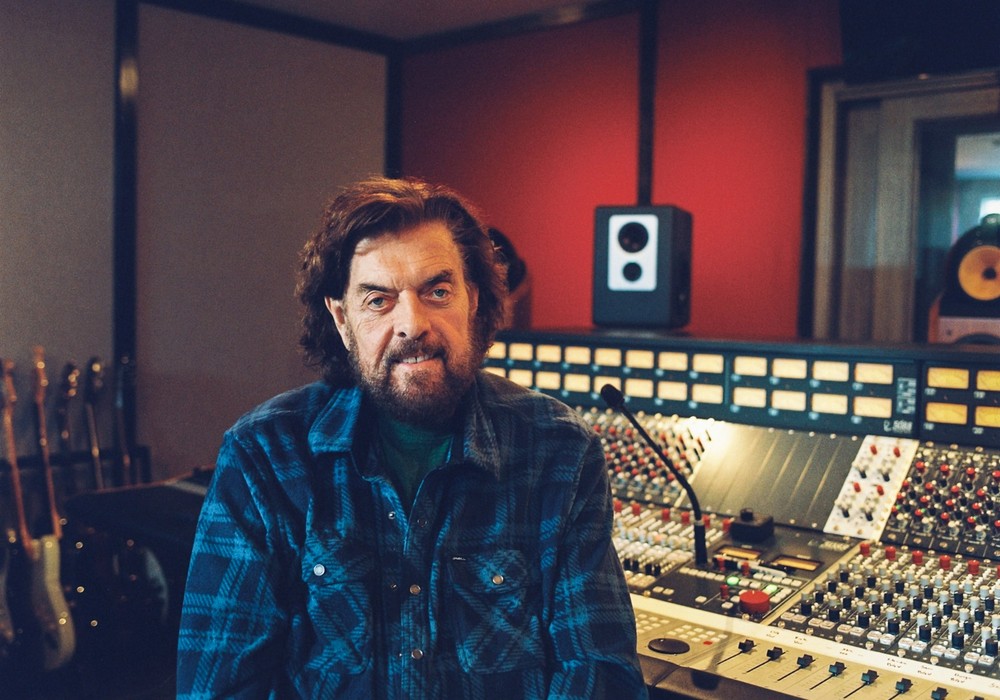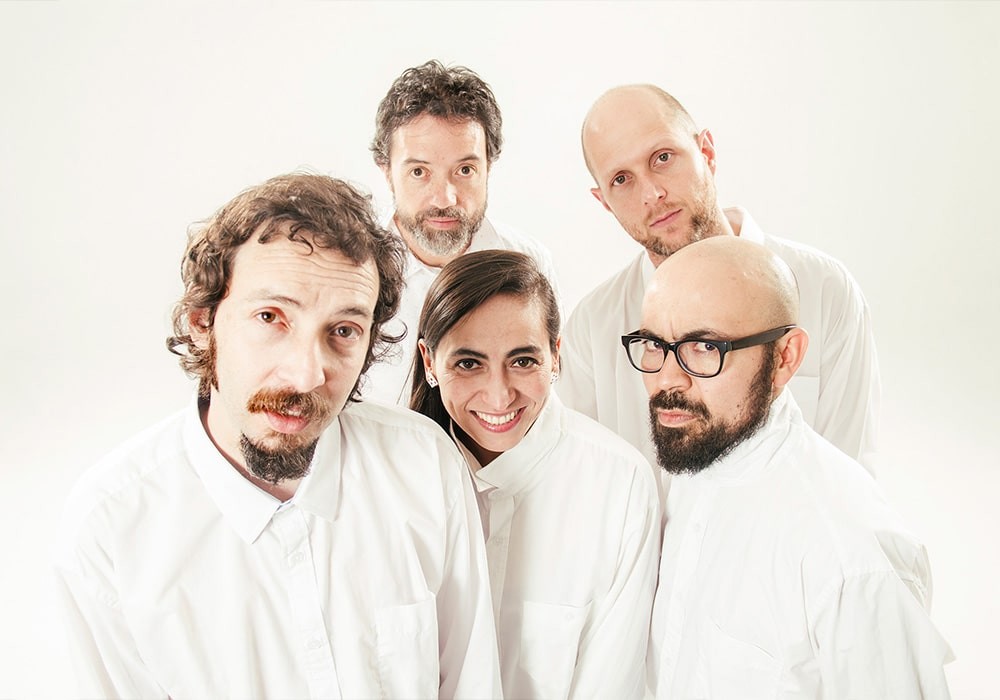Chris Cohen may be as well-known at this point for his distinctively self-produced solo records as for playing in bands like Deerhoof [Tape Op #55], Cryptacize, and The Curtains, and for recent production work for artists like Weyes Blood. He is a singer, songwriter, engineer, producer, and multi-instrumentalist, and inhabits all of those roles on his 2019 album, Chris Cohen.
When did you first get interested in recording as a process?
I probably started recording when I was 6 or 7 – I remember I had a little tape recorder. I started playing drums when I was three years old. My parents would give me music; I would listen to albums and compare the sound of recorded instruments to the sounds that I was able to make myself in real life. Then I got a 4-track when I was maybe 12 – a Tascam Porta One. Actually, before I even got the 4-track, I was recording on two boomboxes. I would record a drum track on one boombox, then play that over a different boombox, and rerecord myself playing guitar. I played drums, and my sister played electric guitar. When she went away to summer camp, I started playing her guitar when she wasn't around. I played music with people sporadically, but it was hard to find people that I really connected with on that level. Recording became a substitute for that. It felt like a natural idea, to be like, "Well, if I can make a song, I can make a whole album; the cover, and everything."
What were some inspiring records or pieces of music for you early on?
When I was five or six my mom got me The Beatles' compilation, 1967–1970, and then Revolver was the next one. I was obsessed with those. I remember thinking, "Why do those cymbals ring for so long? It doesn't sound like that in real life. I need to get those kind of cymbals." I thought it was a certain type of cymbal. That must have led to me wanting to record – what I was hearing that I wanted to be able to do. Jimi Hendrix records really got me into recording as well. Back then, in the mid '80s, it was really hard to find out what effects he was using. I had a flanger, but his flanger sounded different from mine. I wanted to be able to do all the crazy panning that happens on those records and I naively thought that I could do anything! I realize that my records don't sound like mainstream, professional records. I feel they're getting closer, but there's a little bit of a fantasy element where I think I can make it sound like anything. Who knows if it really sounds like that, but that's what it makes me want to do it. By the time I got the 4-track, my favorite bands were the Stones and SST punk, like Black Flag and the Meat Puppets. I got out a bunch of my own cassettes recently, and, listening to them, every song is like a different genre. I wanted to try everything! Eventually I got a better 4-track cassette recorder. But before I got into Pro Tools – which was around 2000 – my dad [Kip Cohen] used to work for Herb Alpert [interviewed this issue], and Herb gave me his 1/2-inch, 8-track, a Tascam 80-8 – the one that doesn't have pitch control. At that point I wanted gear that made things sound crazy – I wasn't into the finer points of recording. I had the EQ knob on my mixer, and I had some different spring reverb units that I used. I also had tape delays. But I was never like, "Oh, I'm going to get a really good preamp or a compressor." I didn't care about compressors or anything like that until I had Pro Tools. It wasn't until I was in Deerhoof that I was like, "Oh yeah, compressors are interesting." The thing with the cymbal; I probably knew that it was compressed, but at the time I thought, in my mind, what I was doing was pretty close.
How do you get settled into a new space for recording? Is that something that's crucial?
When I was younger, I used to think that spaces didn't matter; like I could do this in a closet. But I'm starting to realize that I do better work in better environments. Overgrown Path was recorded in four different places between L.A. and Bennington, Vermont. I recorded part of it in an...
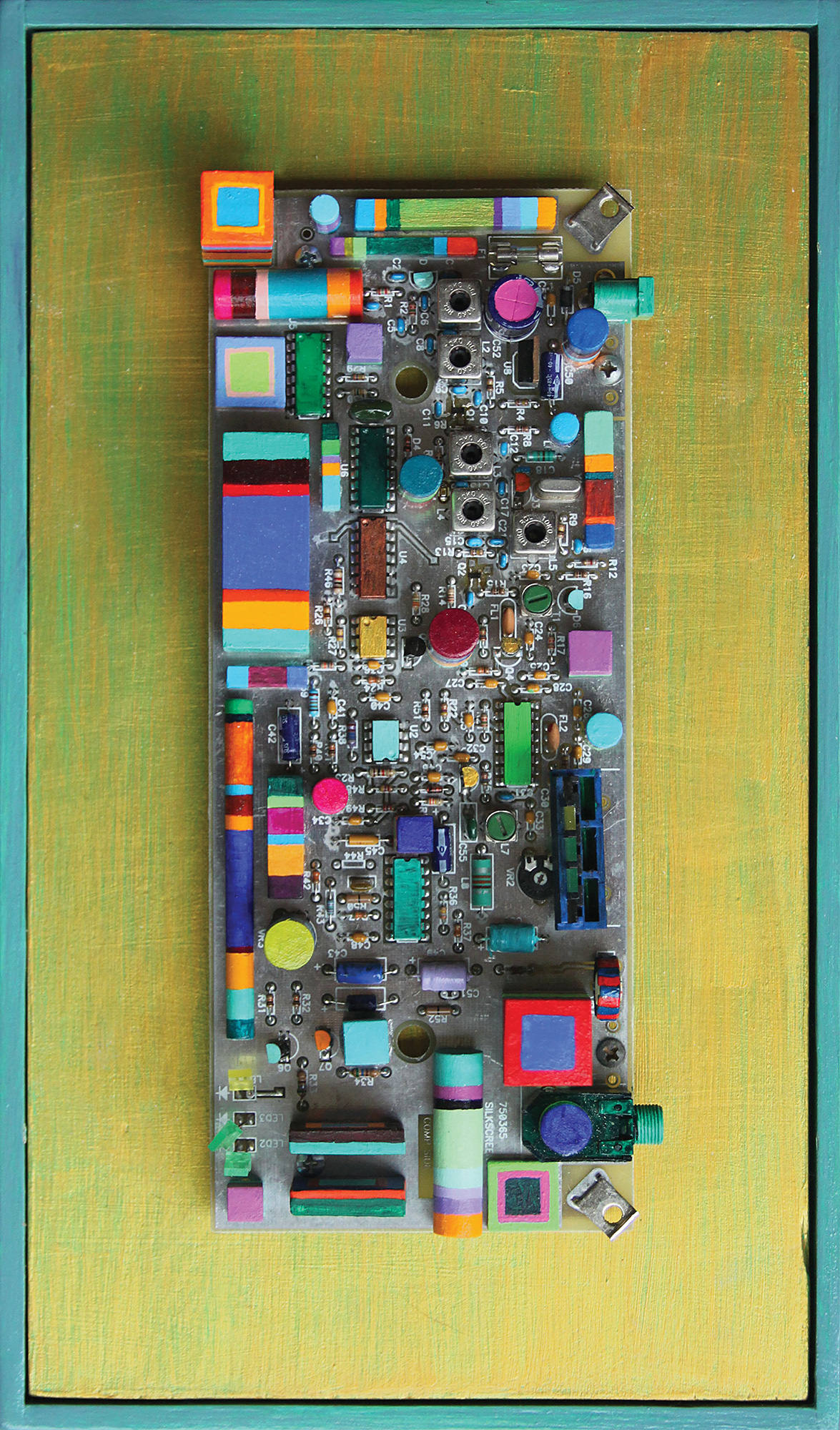

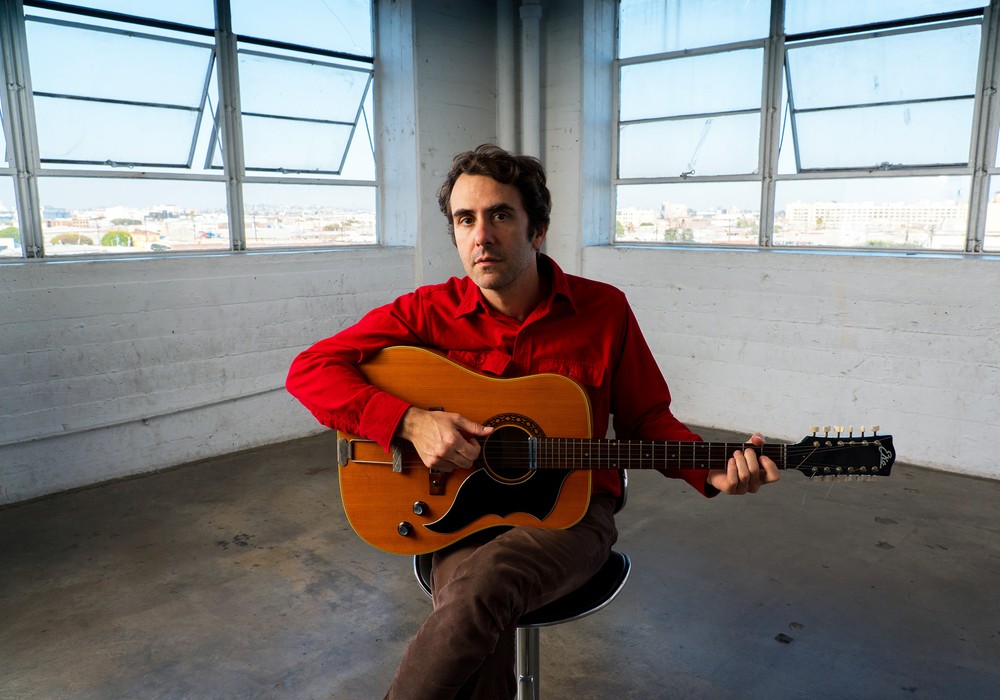
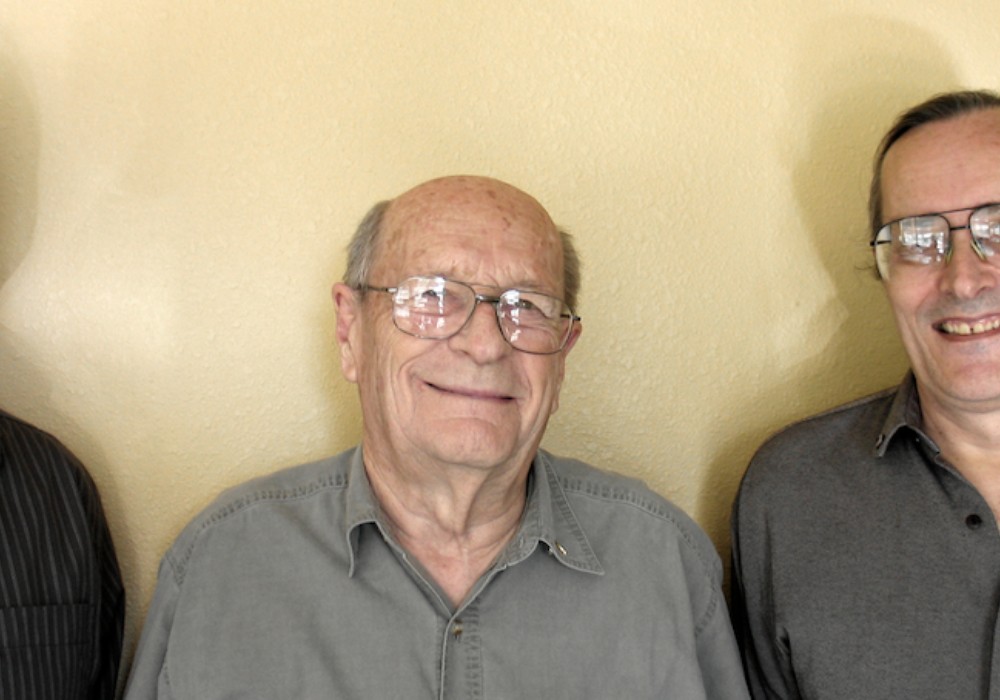
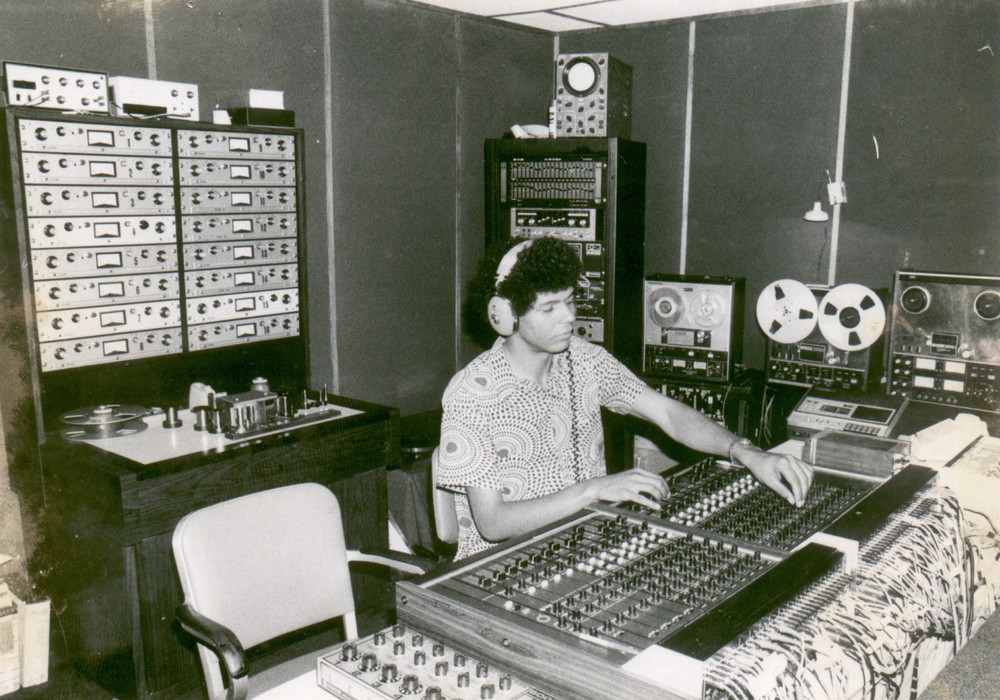
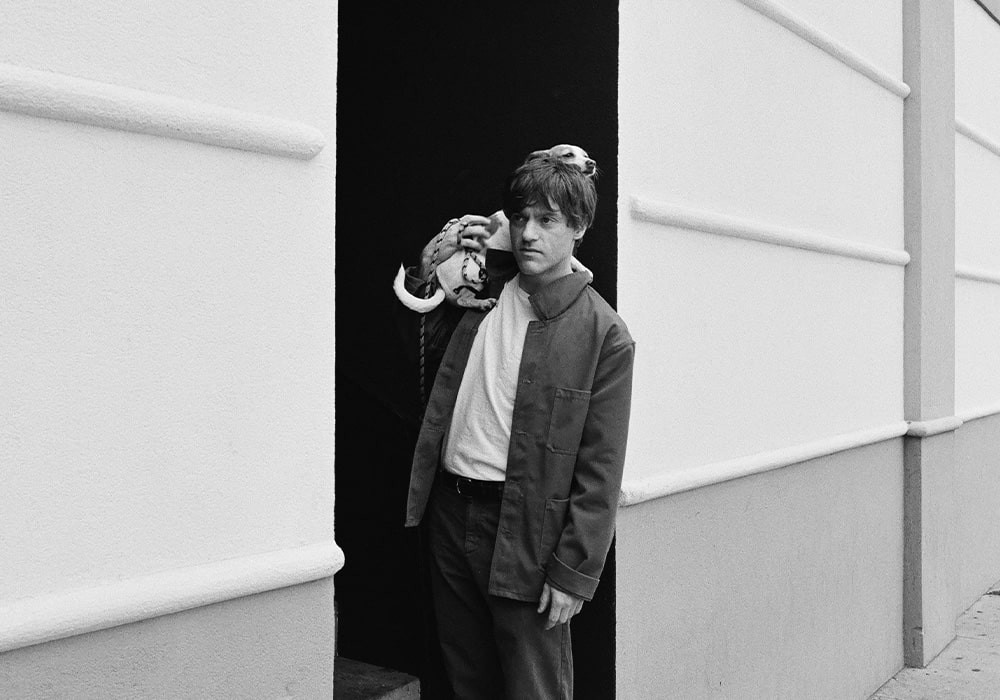
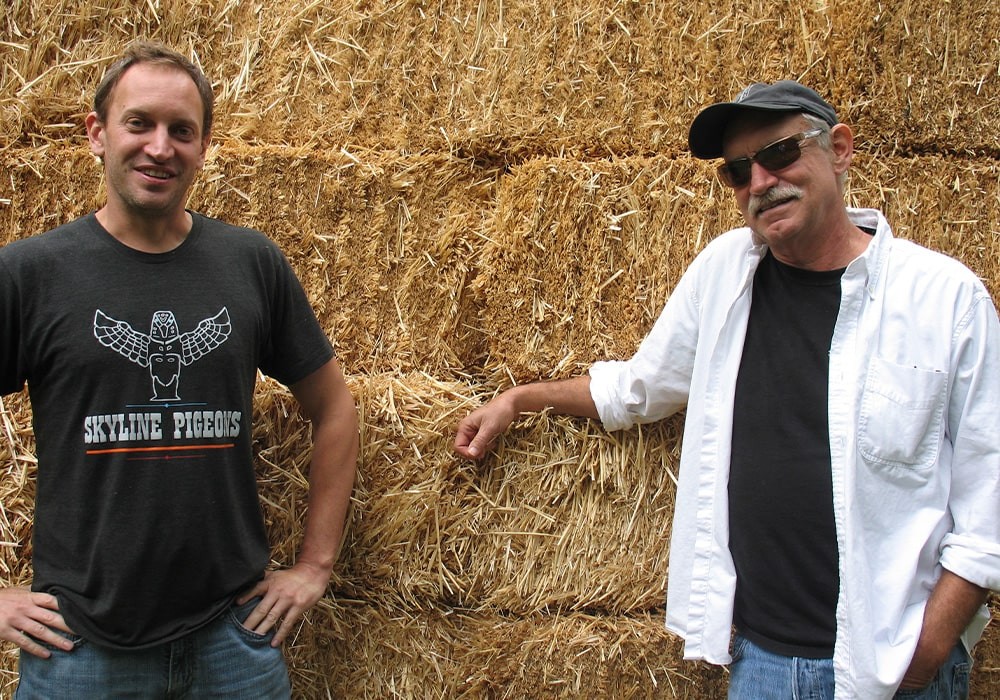
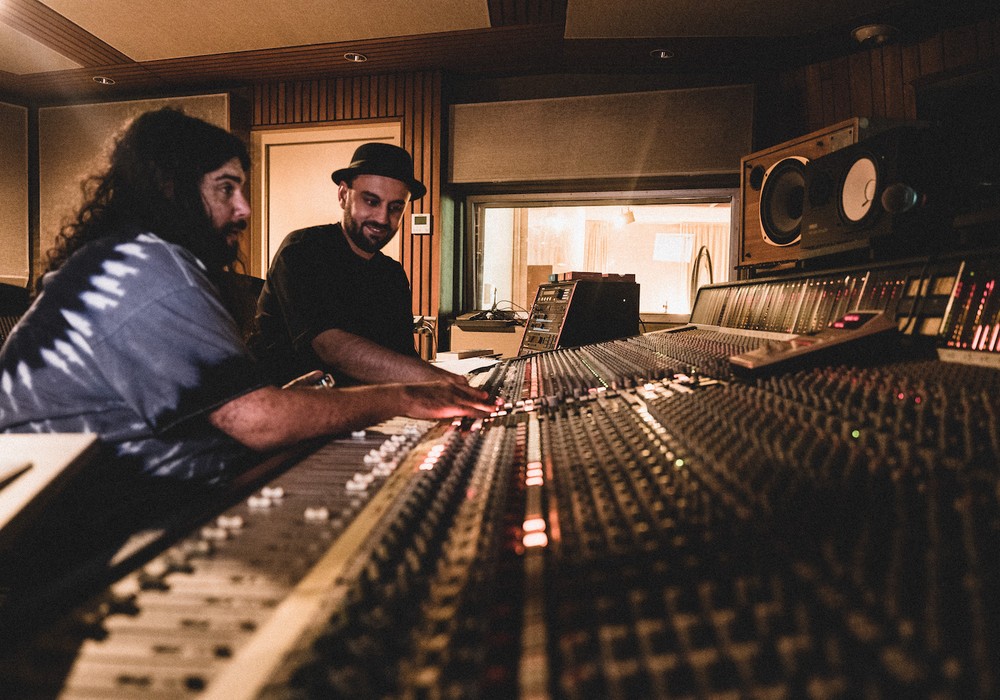
_display_horizontal.jpg)
